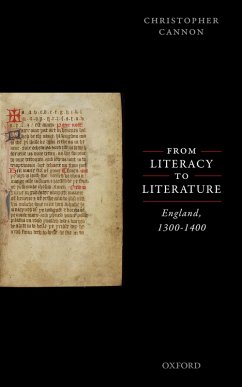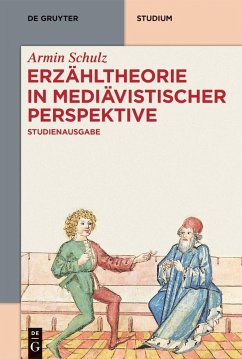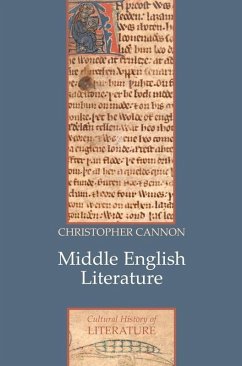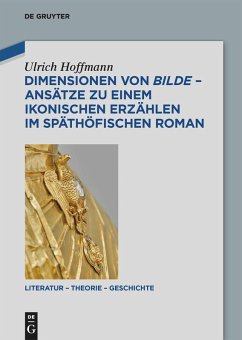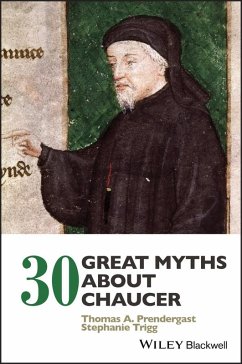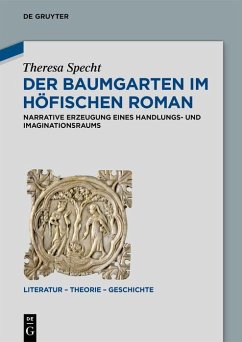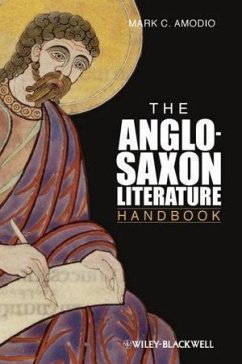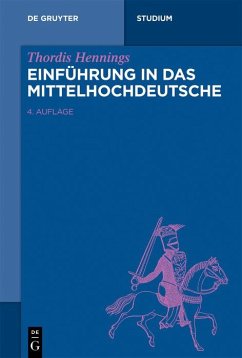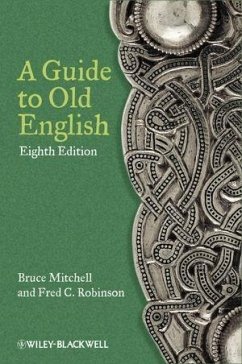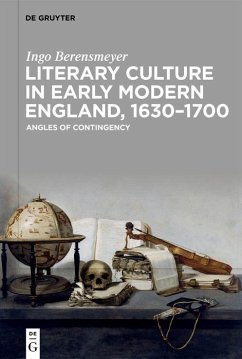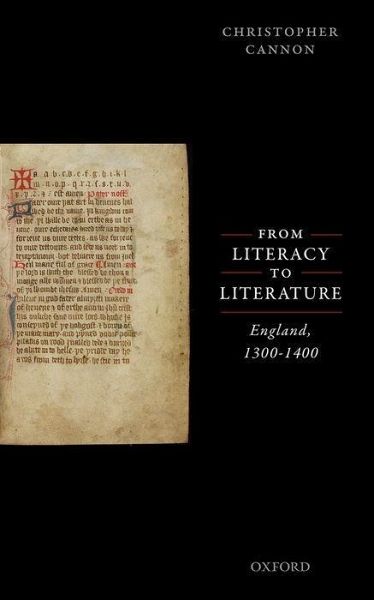
From Literacy to Literature: England, 1300-1400 (eBook, ePUB)
England, 1300-1400
Versandkostenfrei!
Sofort per Download lieferbar
7,99 €
inkl. MwSt.
Weitere Ausgaben:

PAYBACK Punkte
4 °P sammeln!
The first lessons we learn in school can stay with us all our lives, but this was nowhere more true than in the last decades of the fourteenth century when grammar-school students were not only learning to read and write, but understanding, for the first time, that their mother tongue, English, was grammatical. The efflorescence of Ricardian poetry was not a direct result of this change, but it was everywhere shaped by it. This book characterizes this close connection between literacy training and literature, as it is manifest in the fine and ambitious poetry by Gower, Langland and Chaucer, at...
The first lessons we learn in school can stay with us all our lives, but this was nowhere more true than in the last decades of the fourteenth century when grammar-school students were not only learning to read and write, but understanding, for the first time, that their mother tongue, English, was grammatical. The efflorescence of Ricardian poetry was not a direct result of this change, but it was everywhere shaped by it. This book characterizes this close connection between literacy training and literature, as it is manifest in the fine and ambitious poetry by Gower, Langland and Chaucer, at this transitional moment. This is also a book about the way medieval training in grammar (or grammatica) shaped the poetic arts in the Middle Ages fully as much as rhetorical training. It answers the curious question of what language was used to teach Latin grammar to the illiterate. It reveals, for the first time, what the surviving schoolbooks from the period actually contain. It describes what form a 'grammar school' took in a period from which no school buildings or detailed descriptions survive. And it scrutinizes the processes of elementary learning with sufficient care to show that, for the grown medieval schoolboy, well-learned books functioned, not only as a touchstone for wisdom, but as a knowledge so personal and familiar that it was equivalent to what we would now call 'experience'.
Dieser Download kann aus rechtlichen Gründen nur mit Rechnungsadresse in A, B, BG, CY, CZ, D, DK, EW, E, FIN, F, GR, HR, H, IRL, I, LT, L, LR, M, NL, PL, P, R, S, SLO, SK ausgeliefert werden.




